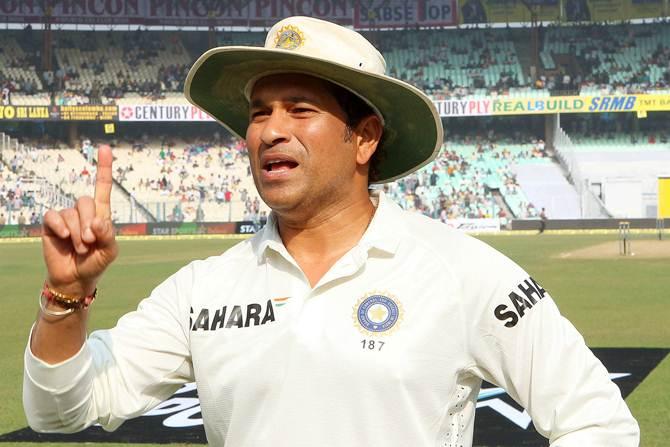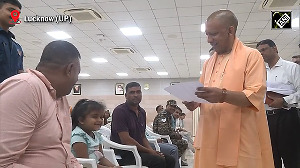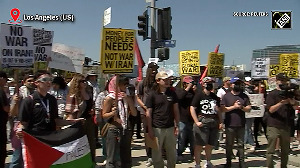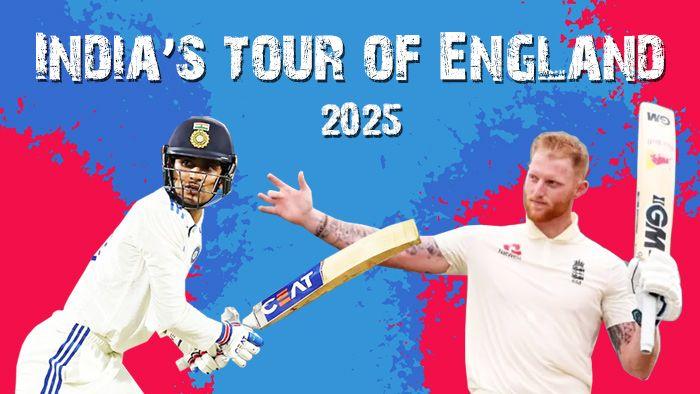
'When a celebrity of the stature of Tendulkar sits to pen down his experience and the ups and downs in his career, we should not expect him to write about things we want to know'
Sachin Tendulkar may have invited criticism for skirting the match-fixing issue that rocked Indian cricket in 2000 in his autobiography, but eminent lawyers backed the icon, saying it was the "prerogative of a celebrity like him to express himself in a manner he deems fit".
Though he made fleeting references to the fixing scandals, Tendulkar did not offer much light on one of the darkest periods in Indian cricket, in the process attracting criticism from certain quarters.
Eminent lawyer Majeed Memon, though, thinks otherwise.
"When a celebrity of the stature of Tendulkar sits to pen down his experience and the ups and downs in his career, we should not expect him to write about things we want to know... .
“It is his prerogative and privilege to express himself in the manner he deems fit," opined Memon.
He said it will not be fair to attribute motives just because Tendulkar has not written on the match-fixing issue.
- Playing It my Way: Buy the book right here on Rediff
“In these circumstances, if he has chosen not to say anything on match-fixing controversies, no motive can be attributed to him.
"Moreover, the criminal investigation and trial in match-fixing cases are pending. It is desirable that one should abstain from commenting on it which Sachin has chosen to do," he said.
Ramakant Reddy, another well-known lawyer, said lack of evidence was the main barrier in Tendulkar not mentioning anything about match-fixing in his autobiography, Playing It My Way.
"The main reason for Sachin not writing about fixing is that there is no evidence at all. Even the Government of India at that point of time examined the CBI report and found that there is no evidence.
"The government also obtained opinions from senior advocates in Delhi who opined that there was no evidence to proceed against people with allegations. CBI absolved the accused and this was a barrier. Also, this whole issue was put to rest 14 years ago to be precise," Reddy said.
"It is also a little unpleasant to mention about fixing. It's a closed issue. For a cricketer like Sachin opening a closed issue does not look pleasant as people would like to the read the pleasant experiences. It's an inspiration for future cricketers in India," he added.
The scandal had eventually led to a life ban on former India captain Mohammad Azharuddin and bans of shorter duration for Ajay Sharma, Ajay Jadeja and Manoj Prabhakar, all of whom were Tendulkar's team-mates in the late 1990s.
Tendulkar, though, did make some references to the controversial issue.
On the 2001 match-fixing issue, he said: "Cricket plummeted to a low in the wake of the match-fixing scandal. The credibility of the game had been compromised and I found the revelations about matches being thrown for money distasteful and disgusting. The whole thing was repulsive and what was seriously worrying was that fans had started to lose faith and the integrity of our sport was in doubt.
"We desperately needed to bring credibility back to the game and we hoped that we could do so in the course of playing the Australians at home in a much-anticipated series in February-March 2001. It would allow fans to move away from the sordid tales of corruption and focus on the real thing: quality Test cricket."
He also spoke, though not in detail, about the 2013 spot-fixing episode.
"I was disappointed, shocked and angry at the goings-on and said so in a press release at the time. There has to be a complete zero-tolerance policy against corruption and more should be done to educate the players but on the other hand the tournament as a whole cannot be blamed for the wrongdoings of a few."
On the eve of the launch of his book, Tendulkar was asked why did he not write in detail about match-fixing.
"I think whatever things I knew 100 percent I have revealed because I back up those things. But the things I am not aware of fully, it would be unwise to comment on those," he said.
"I should have some evidence, I should know something in detail to talk about it because then it makes sense and it will be appreciated by people. But if I just start talking then it will not have any value," he added.











